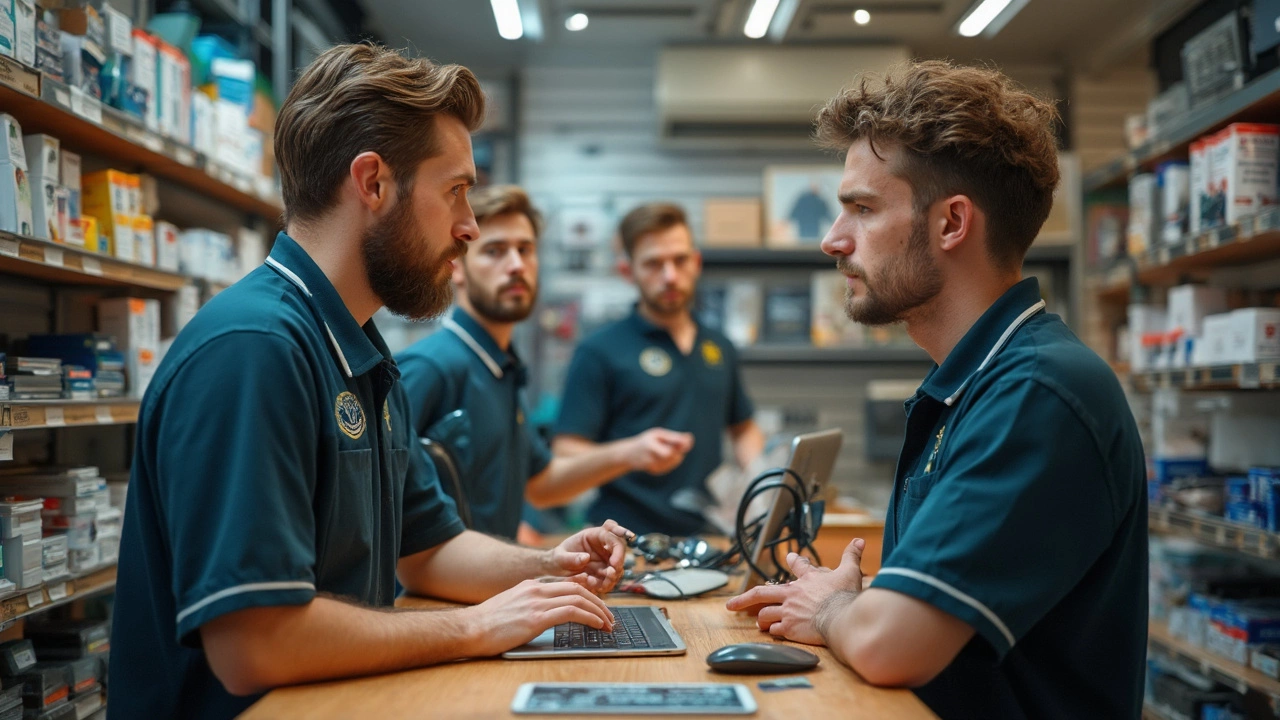Laptop Security: Protect Your Device and Data
When working with Laptop Security, the set of practices and tools that safeguard a laptop from unauthorized access, malware, and data loss. Also known as PC security, it covers everything from passwords to network defenses, helping you keep personal and professional information safe.
Encryption, a method that scrambles data so only authorized users can read it is the first line of defense. When you turn on full‑disk encryption, your files stay unreadable even if the hardware falls into the wrong hands. Two‑Factor Authentication, an extra login step that combines something you know with something you have adds another hurdle for hackers, making stolen passwords far less useful. Together they create a layered shield: laptop security encompasses encryption, while encryption protects data at rest.
Software Defenses and Recovery Plans
Even the best passwords can be bypassed by malicious code, which is why Antivirus Software, programs that scan, detect, and block known threats remains a core component. Modern antivirus tools also offer real‑time web protection, stopping phishing sites before they bite. Pairing antivirus with a reliable Data Backup, a routine copy of important files stored on a separate device or cloud service ensures you can recover quickly if ransomware or hardware failure strikes. In short, laptop security requires both proactive threat detection and a solid recovery strategy.
Beyond the technical tools, good habits round out the picture. Regularly updating the operating system patches security holes, while using a password manager prevents reuse across accounts. Turning off Bluetooth and Wi‑Fi when not needed removes unnecessary attack surfaces. These everyday actions tie back to the core idea that security is a mindset, not just a product. By treating each device as a potential entry point, you make it harder for attackers to find a way in.
The articles below dive deeper into each of these areas. You’ll find step‑by‑step guides on enabling encryption, setting up two‑factor authentication, choosing the right antivirus, and building a backup routine that fits any budget. Whether you’re a student, a remote worker, or just someone who wants to keep personal photos safe, the collection offers practical advice you can start using today.
Ever wondered if it’s risky to drop your laptop off at a repair shop? This article breaks down what actually happens to your laptop at the shop, the real risks you need to think about, and how you can protect yourself. You’ll get clear tips for keeping your data safe and learn what good repair shops do to build trust. We'll also dig into your rights as a customer—what to ask, what to expect, and what to avoid. If you care about your laptop and your privacy, you’ll get answers to all the big questions here.


